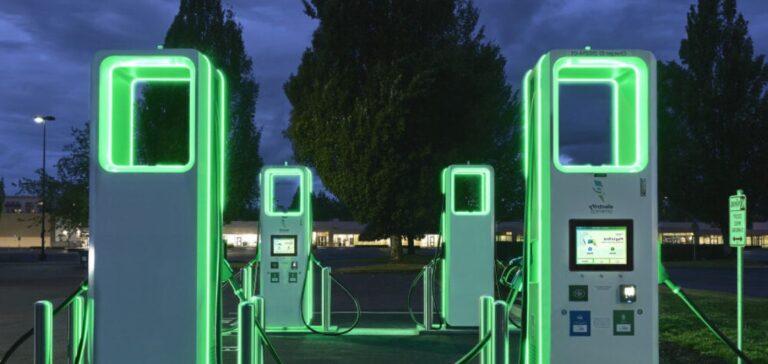The French government has unveiled a new initiative aimed at improving the charging infrastructure for electric vehicles. An additional 3 billion euros has been allocated to the development of fast charging stations across the country, with the goal of significantly increasing their number by 2030. This decision comes amid high demand for more eco-friendly vehicles and growing pressure on existing infrastructures.
Fast charging stations, which allow an electric vehicle to charge in less than an hour, are considered a key element for the future of electric mobility in France. Currently, the country has over 70,000 public charging stations, but this number remains insufficient to meet future needs, particularly in rural areas and along highways. The 3 billion euro plan aims to improve this coverage, with projects to install charging stations at strategic locations, such as gas stations, public parking lots, and commercial spaces.
A rapidly growing sector
The electric vehicle market is experiencing rapid growth in France, with sales steadily increasing. According to the latest data, around 13% of vehicles registered in 2024 were electric, a figure that is expected to reach 30% by 2030. This trend has prompted authorities to adapt the infrastructure to support this energy transition.
As part of its “France Relance” plan, the French government is working to achieve greenhouse gas emission reduction goals by facilitating the adoption of electric vehicles. The investment in fast charging stations is an integral part of this strategy, aiming to make electric vehicles more accessible and practical for everyday use.
The role of private players in deployment
In parallel, several private companies, such as charging network operators and automotive giants, will play a key role in the implementation of these stations. Public-private partnerships are being considered to enable broader coverage and optimal infrastructure management. These initiatives are expected to accelerate deployment while reducing operational costs for consumers.
Furthermore, France is not the only country increasing its investments in this area. Other European nations, notably Germany and the United Kingdom, have already implemented similar plans to support the expansion of charging infrastructure and foster large-scale adoption of electric vehicles.






















